The Eighth Research Meeting of the Ushioda Initiative of Arts (UIA) was held on February 2, 2023. Associate Professor Mikiyasu Yanagi from the Institute for Advanced Studies on Asia presented a talk titled “Zen Enlightenment and Beyond: The Path of Co-Becoming.”
The East Asian Academy for New Liberal Arts (EAA) promotes “New Liberal Arts (atarashi riberaru ātsu, 新しいリベラルアーツ)” in and from East Asia as one of its core principles. In line with this mission, the UIA project, which was launched in April 2022, has held monthly research meetings to explore and create new directions for the liberal arts in the realm of interdisciplinary knowledge.
There has long been a need for interdisciplinary research and liberal arts that are accessible to wider society. However, the question of how to achieve this remains unanswered. Many researchers have encountered situations in which individual studies are simply collected under the banner of “interdisciplinarity” without a shared, solid principle. The term “interdisciplinary” has often been used as a strategic buzzword to make the humanities (which some deride as self-indulgent, meaningless, and useless), appear more meaningful to outsiders, thus securing research funding.
However, genuine interdisciplinarity requires significant effort and time. It is often seen as cost-ineffective for researchers, who need to consistently write papers and present at conferences, to advance their careers. In the current climate of results-oriented academia, this is understandable. However, is it acceptable?
The EAA aims to pool the resources and efforts of researchers with diverse expertise to create a “new liberal arts,” relying on various collaborators, who are not limited to researchers. The goal is to bridge the gaps between traditional systems and categories. Borrowing the words of EAA Director Takahiro Nakajima, the UIA frames this practice as “human co-becoming” and “human co-flowering.” The latter concept, “Co-flowering,” was inspired by talks by Islamic philosopher Toshihiko Izutsu.
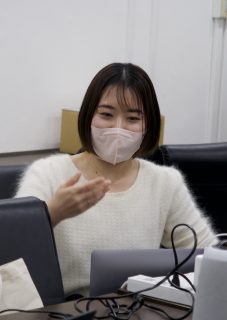
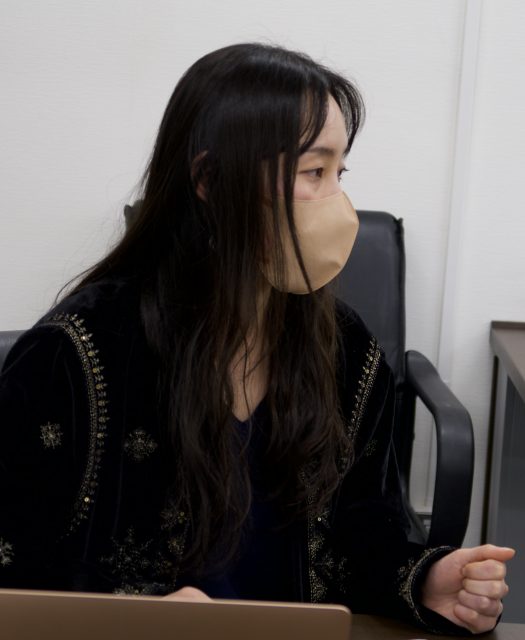
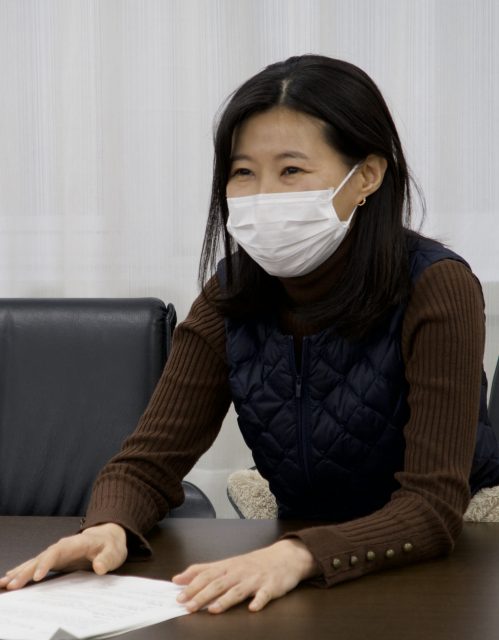
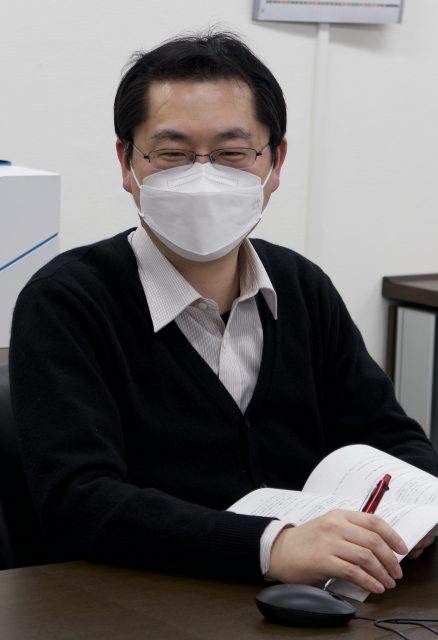
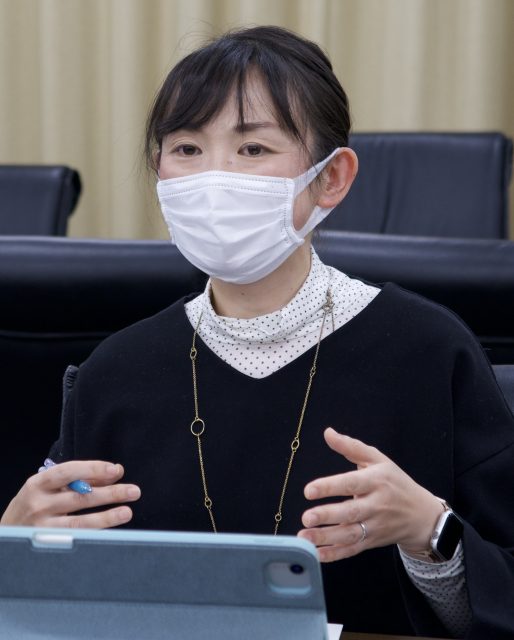
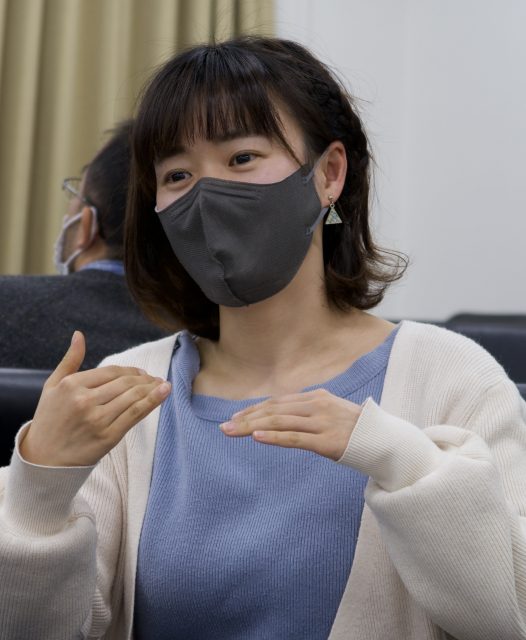
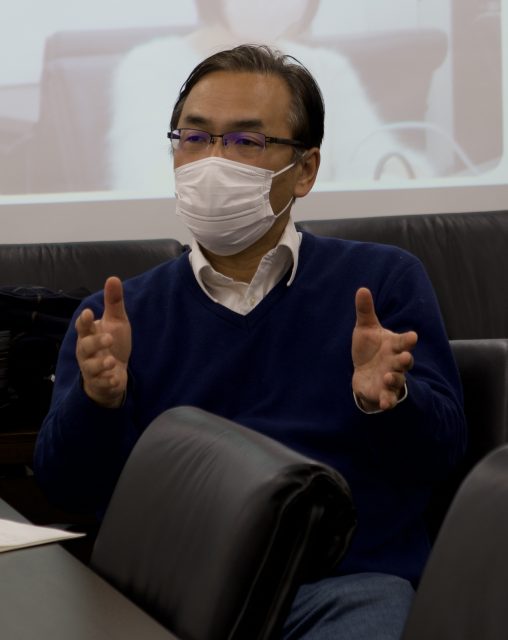
At the 8th Research Meeting, Professor Yanagi, an expert in Buddhist studies with a focus on Zen, posed a thought-provoking question: how are self-benefit (jiri,自利) and altruism (rita,利他) connected? This question is both abstract and specialized and relevant to considering the academic system described above.
In Zen Buddhism, truth is not a fixed entity, but is found in the continuous movement of becoming. Zen rejects written records (ekurichūru, エクリチュール) and emphasizes the transmission of the Dharma, or spoken word (parōru, パロール) according to the “Dharma lineage (hō-kei, 法系).” As a result, Zen philosophy has rarely been systematically theorized. One rare example is the work of the monk Yōmyō Enju (永明延寿, 904-976) from the Five Dynasties and Ten Kingdoms period in China. Even in Enju’s texts, however, there is little detail about the link between self-benefit and altruism.
Simply put, “self-benefit” refers to good done for oneself, while “altruism” involves doing good for others. As illustrated in Professor Yanagi’s talk, question of how to connect them parallels the question of how we might must transform our specialized research into something that involves cooperation with and benefits for others. The following discussion mainly focused on reconstructing (or deconstructing) the traditional relationship between self and others. Enju described the state before the segmentation of the world using the concept of “one mind,” where the distinction between self and others disappears. This raises concerns about whether this complete unity of self and others necessarily leads to a total, one-dimensional “one” with no external distinctions.
Director Nakajima suggested that we should instead consider that while everyone exists independently, we are nevertheless simultaneously deeply interconnected as selves that cannot exist without others. Nakajima referred to this as the “first-person plural (ichininshō fukusū katachi, 一人称複数形).” Usually, “first-person plural” refers to the pronoun “we.” However, Nakajima argued that if this “we” is merely an aggregate of “I’s,” then it might still be considered “first-person singular.” This moment marked the beginning of a discussion aimed at sincerely engaging with the ideas of “Human Co-becoming” and “Human Co-flowering” not just as catchy slogans but as serious concepts with significance for the future of academia.
Reporter: Sana Sakihama (EAA Project Assistant Professor)
Translator: Dan Yi (EAA Project Research Fellow)








